New analysis has shown that voters must work 32 years longer than their MP to receive the same pension.
An average voter earning £37,430 would have to work for 52 years for the same pension as an MP working for 20 years due to their tax-payer funded pensions.
Calculations by the investment firm AJ Bell have shown that MPs earn a basic salary of over 90 thousand pounds plus expenses while also gaining generous defined benefit public sector pensions that pay them a guaranteed and inflation-proofed income in retirement.
Meanwhile, this type of scheme is not usually seen in the private sector, where workers will pay into a defined contribution scheme – a retirement pot whose value is linked to investment performance.
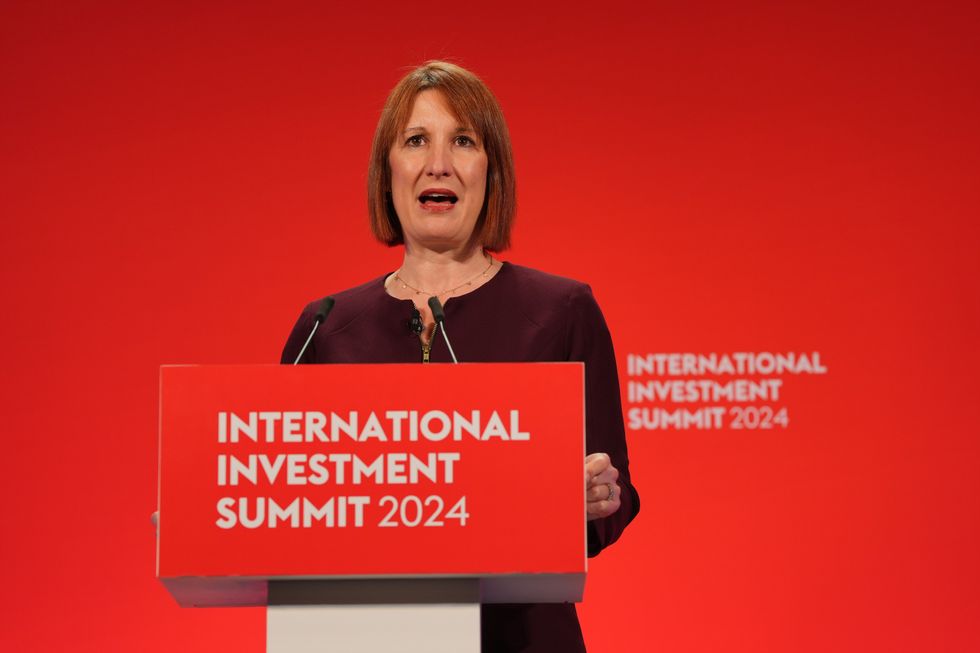
The gap is due to be widened even further after Chancellor Rachel Reeves placed defined contribution pensions into the inheritance tax net
PA
Experts have said that this difference detaches MPs from the reality that most pension savers are facing.
Steven Cameron of Aegon UK said the figures showcase the huge gap in pension provision between certain groups.
He said: “MPs build up very valuable public sector defined benefit pensions which are simply out of reach of most in the private sector saving in defined contribution pensions.”
“Most people – and that may include some MPs – won’t appreciate just how valuable some public sector pensions are relative to private sector pensions.”
MORE LIKE THIS:
The gap is due to be widened even further after Chancellor Rachel Reeves placed defined contribution pensions into the inheritance tax net. This means families who have suffered a loss will face death duty rates of up to 90 per cent on retirement savings from April 2027.
However, the defined benefit schemes enjoyed by MPs will avoid the tax raid because they cannot be inherited. A reduced rate of income can be passed to a dependant or spouse, but will not be taxed.
The Telegraph revealed last summer that MPs imprisoned over the expenses scandal and convicted of sex crimes will be allowed to keep their pensions.
The AJ Bell analysis has found that the average MP would have to work 10 years to collect a pension worth £367,000 – for yearly retirement payments of £17,911 – while the average worker would have to work 39 years for this pension.
After 20 years, the value of an MP’s pension would be £735,000, giving them an annual income of £25,822. The average person would have to work 52 years to save the same amount.
Laith Khalaf of AJ Bell said that although MPs pay high pension contributions with low job security, even a short shift in Parliament gives them generous pension benefits.
“The MPs’ scheme is less generous than it was but it still earns the moniker gold-plated when you consider how long it would take the typical worker to build up a similar retirement income,” he said.
“There are relatively few MPs compared to nurses, teachers or civil servants, so the overall cost of the scheme compared to other public sector pensions is tiny.”

Labour has been considering plans to give public sector workers higher salaries in exchange for lower pensions
PA
He added that it is concerning that the scheme detaches MPs from the reality facing most pension savers, however they are the ones making the rules that govern people’s retirement savings.
“Perhaps if MPs and ministers faced the same pension choices as their constituents, they might be more sympathetic to their needs,” he said.
The public sector pensions bill to taxpayers is set to go over £36bn this year, after Sir Keir Starmer made preparations for above-inflation pay rises in April.
The total value of pensions guaranteed to workers such as doctors, soldiers, teachers and civil servants has reached nearly £5 trillion.
Labour has been considering plans to give public sector workers higher salaries in exchange for lower pensions, however the National Education Union said this move would amount to a choice between “poverty now or in retirement”.
A change in 2015 led to MPs pension being based on average pay rather than their final salary.
However, guaranteed and inflation-linked pensioned mean that retired politicians and civil servants have been “insulated” from the worst of the cost of living crisis, said Romi Savova of PensionBee.
Savova said: “While constituents face the likelihood of insufficient defined contribution schemes, MPs enjoy the luxury of increasingly rare defined benefit schemes – a privilege most workers can never match, even with decades of diligent saving.”
“A rising state pension age and spiralling living costs have created challenging circumstances for both workers and retirees alike.”
She added: “Semi-retirement or continued employment well into their later years is no longer a choice but a necessity for many – a stark contrast to the comfortable retirements enjoyed by policymakers.”



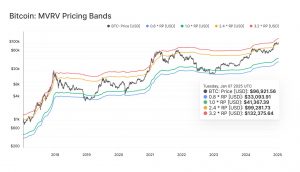












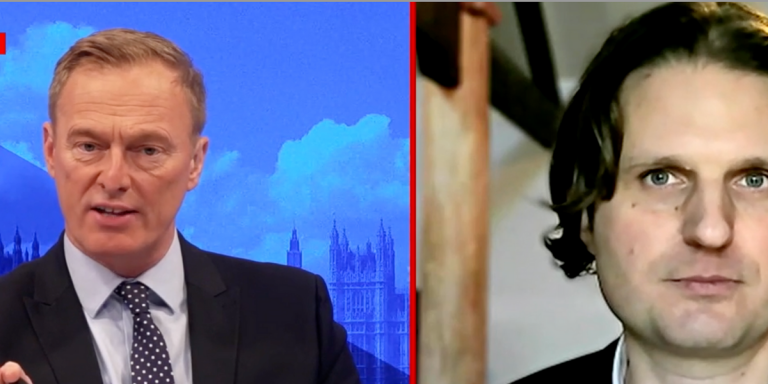

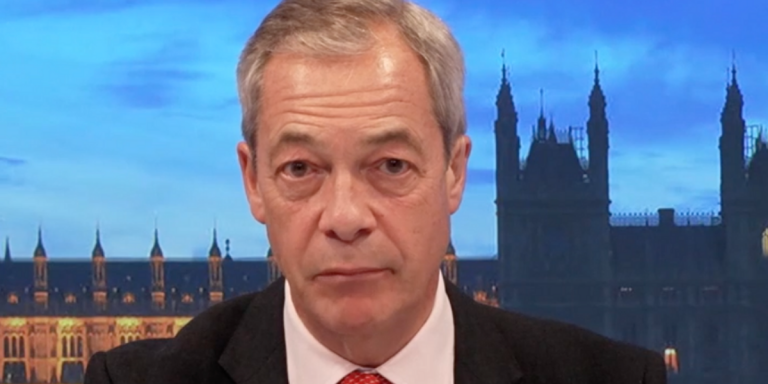




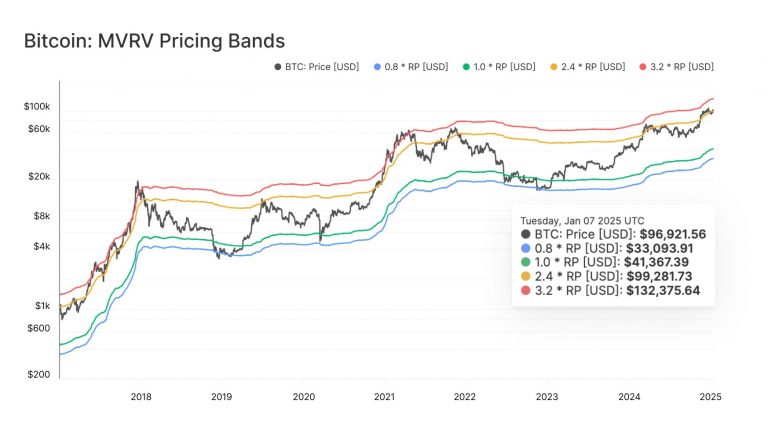

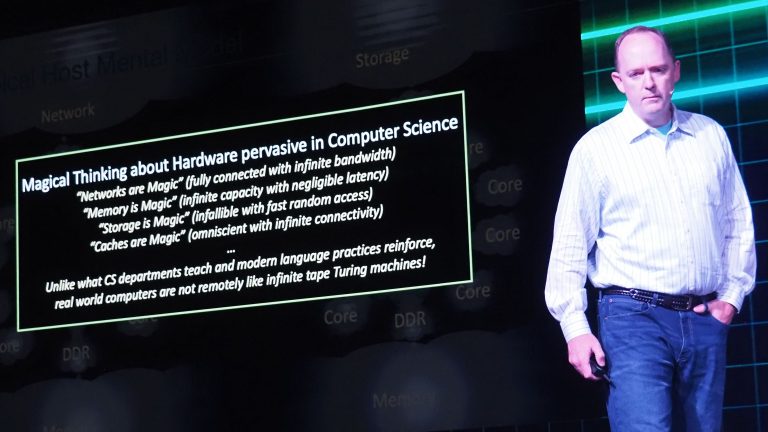


+ There are no comments
Add yours